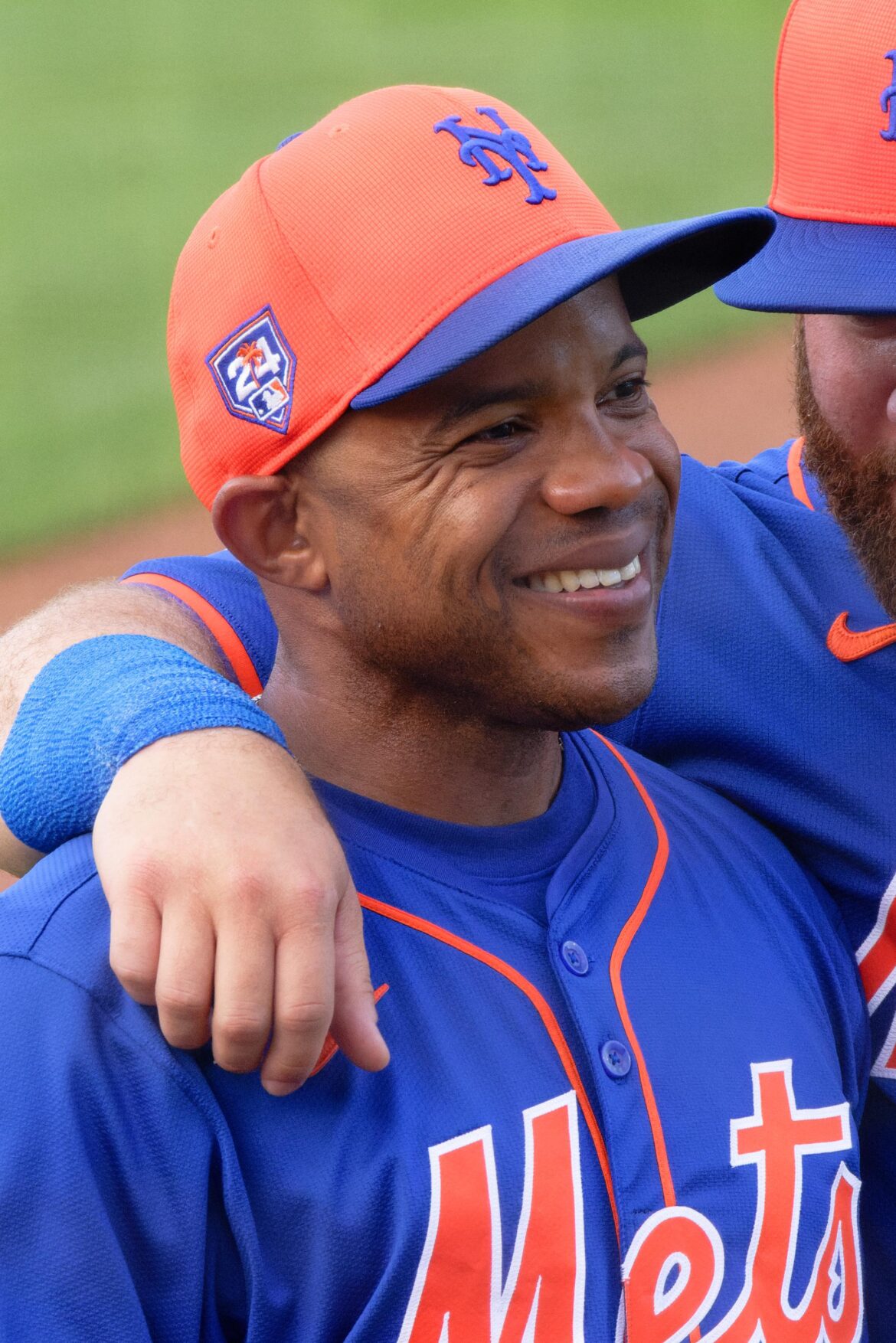In a surprising turn of events, the New York Mets have parted ways with a key member of their coaching staff after just one season, as reports emerge that the New York Yankees have hired the former Mets coach for their own staff. The decision marks a significant transition for the Mets, who are already facing scrutiny as they navigate the complexities of a competitive Major League Baseball landscape. The departure raises questions about the direction of the Mets’ organization and their ability to retain top talent amidst the high-stakes rivalry that defines New York baseball. This article delves into the implications of this coaching change and what it may signal for both the Mets and the Yankees as they adjust their strategies heading into the upcoming season.
Mets Face Setback as Coach Departures Signal Ongoing Challenges
The departure of a key coach to a rival organization has left the Mets grappling with issues that have plagued the team in recent times. Having only spent one season in Queens, the coach’s move to the Yankees raises questions about the stability and long-term vision of the Mets’ coaching staff. With this unexpected shift, fans and analysts alike are left pondering the implications for the team’s performance in the upcoming season. Factors contributing to the issues within the organization include:
- Frequent Coaching Changes: A revolving door of coaching staff can disrupt team chemistry.
- Player Development Challenges: A lack of consistent coaching can hinder player growth and skill enhancement.
- Competitive Pressure: The Yankees’ willingness to poach talent signals a fierce intra-city rivalry that adds pressure to Mets management.
The vacancies created by such departures not only breed uncertainty but also challenge the Mets’ front office to identify and secure suitable replacements quickly. To further illustrate the broader context of the issue, consider the following table highlighting recent coaching changes across the division:
| Team | Coaching Departure | New Coach/Position |
|---|---|---|
| Mets | 1 Coach to Yankees | To be determined |
| Yankees | 1 Coach to Mets | Signed 1 Year Deal |
| Red Sox | 2 Coaches Depart | Hired New Staff |
This shifting landscape within the division highlights the ongoing challenges that the Mets face, not just in terms of strategy on the field, but also in establishing a reliable foundation off of it. As the franchise looks to rebound from these setbacks, the urgency to build a cohesive coaching team has never been more critical.
- Advertisement -
Analyzing Coaching Instability and Its Impact on Team Performance
The recent departure of the Mets’ coach to the Yankees after just one season has sparked serious discussions about the ripple effects of coaching instability on team dynamics and performance. Such rapid turnover can lead to a lack of cohesive strategy and a disjointed team culture, making it challenging for players to adapt to frequently shifting philosophies. Teams that experience constant coaching changes often find themselves in a state of flux, where they have to learn new systems, terminology, and expectations. This instability can have profound impacts on player morale and motivation, as team members struggle to find their footing amid the chaos.
Research indicates that teams with high coaching turnover face several hurdles, including:
- Inconsistent Strategic Direction: Frequent changes can lead to varying tactical approaches, confusing players about their roles.
- Emotional Toll on Players: The uncertainty surrounding leadership can create anxiety, affecting on-field performance.
- Negative Impact on Recruitment: Prospective players may hesitate to join a team with a reputation for instability.
To quantify the impact of coaching changes, consider the following data:
| Team | Seasons with Coach | Win Percentage |
|---|---|---|
| Mets | 1 | 45% |
| Yankees | 5 | 65% |
As evidenced by the Mets’ lackluster performance during the coach’s brief tenure, the effects of coaching instability are clear. Effective leadership over sustained periods tends to yield better results, suggesting that for the Mets to thrive, they must establish a secure and supportive coaching environment capable of nurturing long-term success.
- Advertisement -
Strategies for the Mets to Reinforce Coaching Staff and Retain Talent
In light of the recent departure of a key coach to the Yankees, the Mets need to implement targeted strategies to enhance their coaching staff and safeguard their talent. Addressing the importance of a cohesive team culture is vital; thus, emphasizing the retention of existing coaches while attracting new talent should be a primary focus. The Mets can initiate this by establishing competitive compensation packages that reflect the value of their coaching staff. Furthermore, they should promote a positive and inclusive environment that fosters professional development, encouraging coaches to refine their skills through ongoing education and workshops.
Additionally, the Mets can prioritize open communication channels between players and coaches, facilitating feedback and collaboration. This engagement can be achieved through regular team meetings and one-on-one sessions to track progress and address concerns promptly. Alongside these interpersonal strategies, the Mets might consider enhancing their scouting and development departments. By investing in analytics and player development resources, the organization can strengthen its talent retention efforts and ensure they are not only bringing in new coaches but also nurturing the existing core of players to maintain competitiveness in the league.
Wrapping Up
In conclusion, the sudden departure of the Mets’ coach to their cross-town rivals, the New York Yankees, underscores the intense competition and shifting dynamics within Major League Baseball. While the Mets must now navigate the challenges of finding a suitable replacement after only one season, the Yankees add a valuable asset to their coaching staff as they aim for continued success. As both teams prepare for the upcoming season, the implications of this coaching change will be closely watched by fans and analysts alike. The landscape of New York baseball remains ever-evolving, and only time will tell how this transition will impact the performance of both franchises in the seasons to come.


